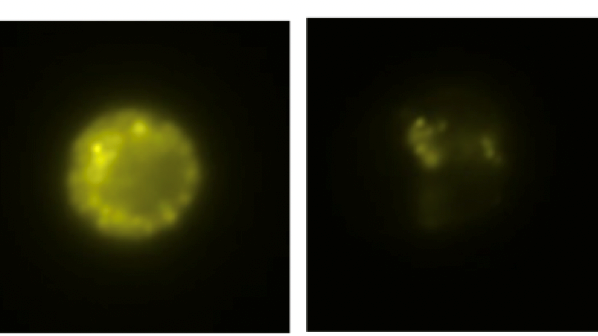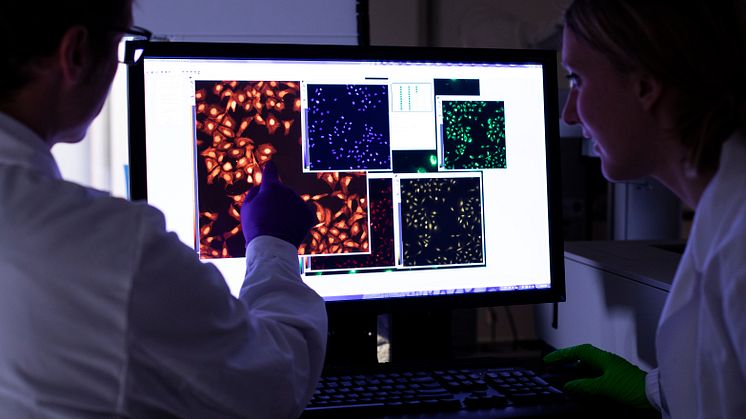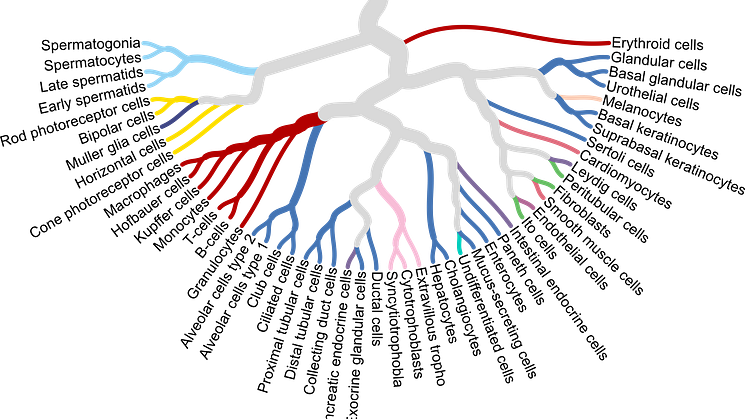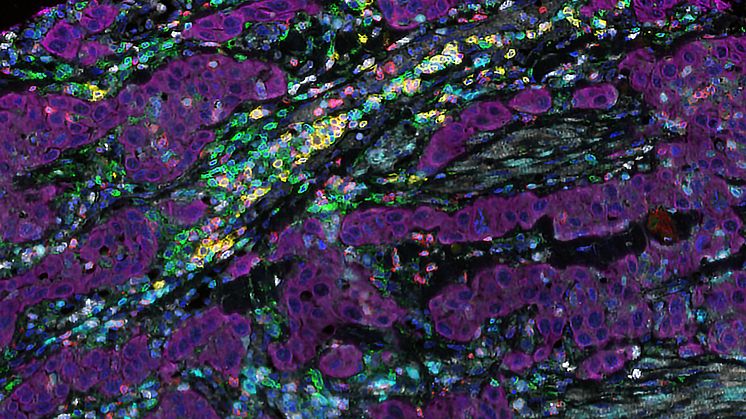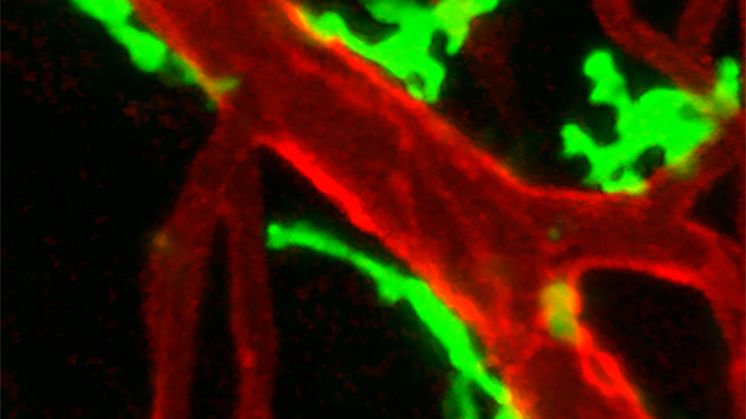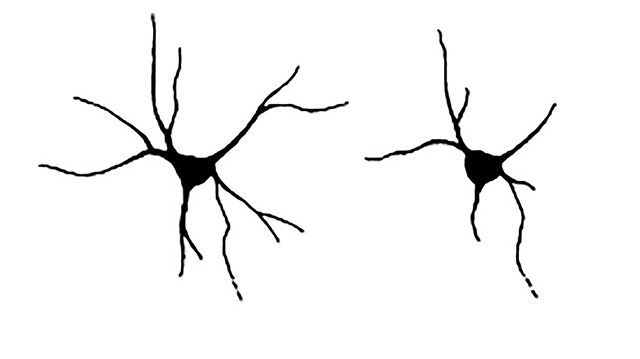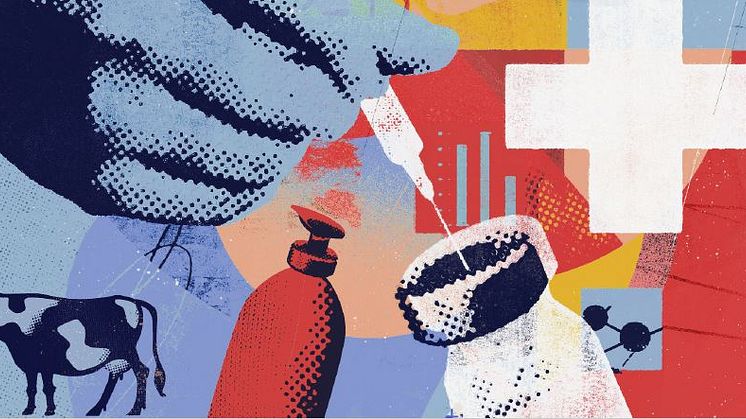Allergic stimulation activates mast cell precursor cells
Mast cell precursor cells do not just cause an increase in mature mast cells during inflammation, they also play an active role in diseases like asthma. This finding is in a new study by immunology researchers published in the Journal of Allergy and Clinical Immunology. The study also emphasises that precursor cells in general can play an active role in inflammation and challenges the current ide
